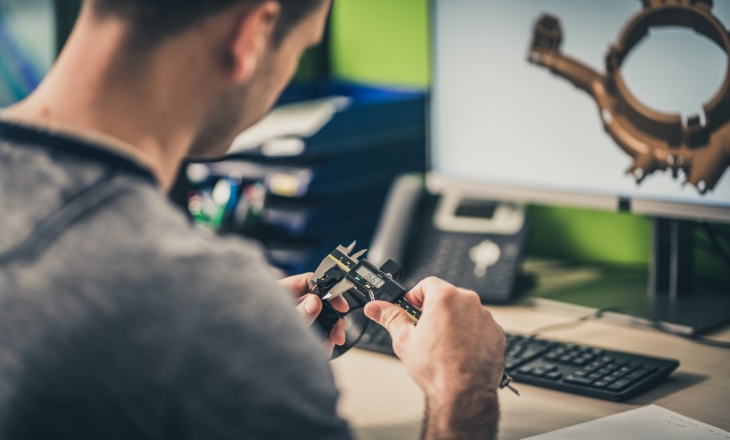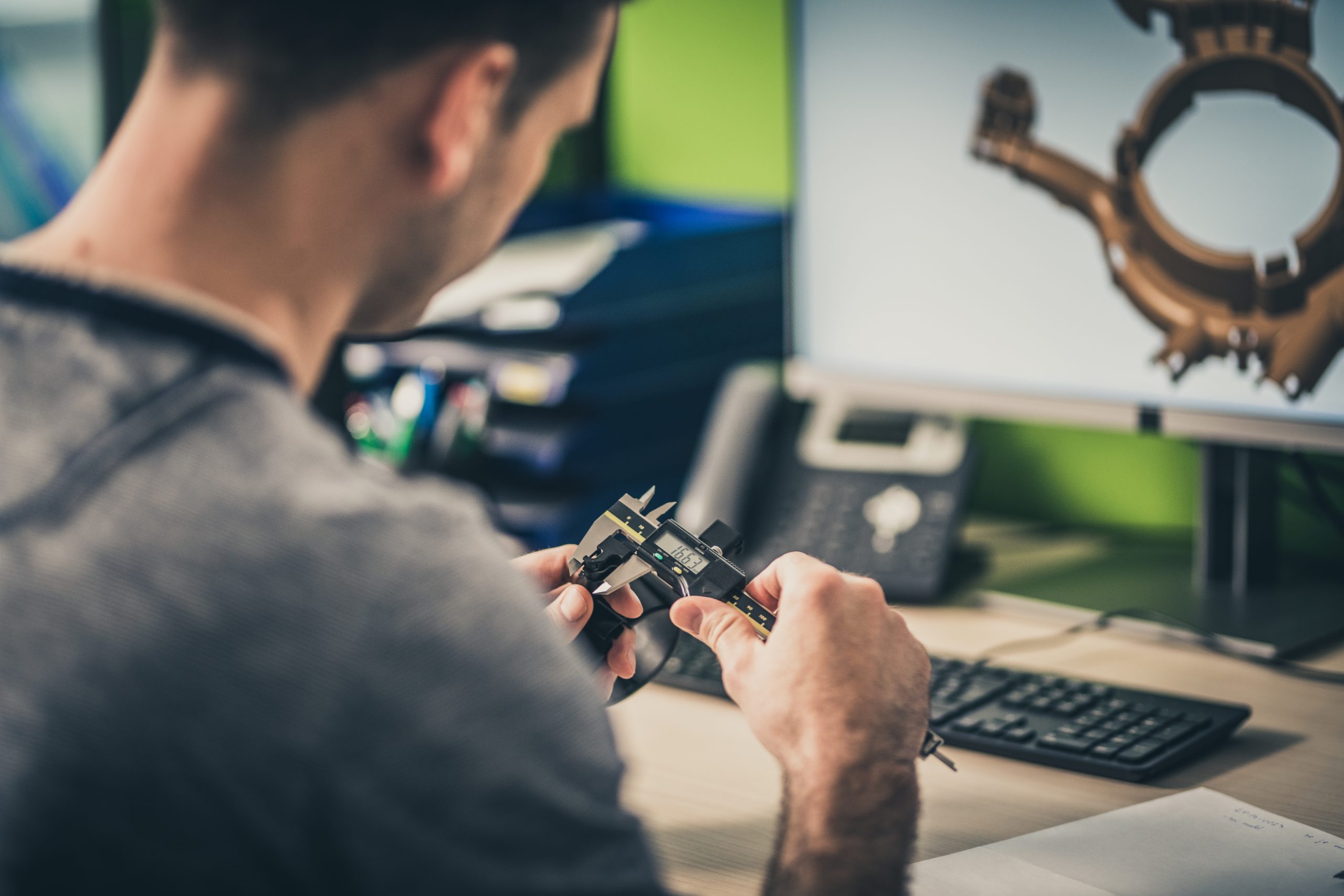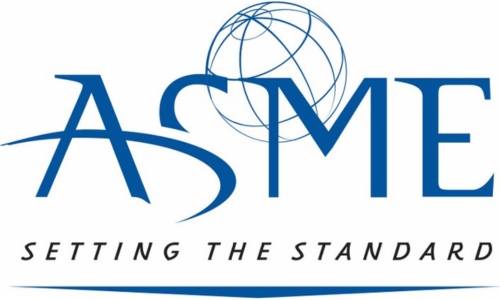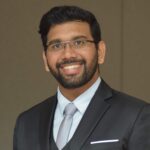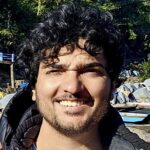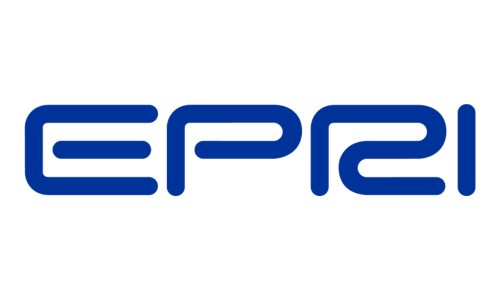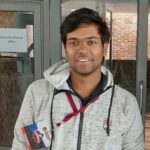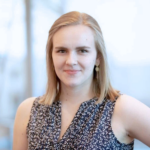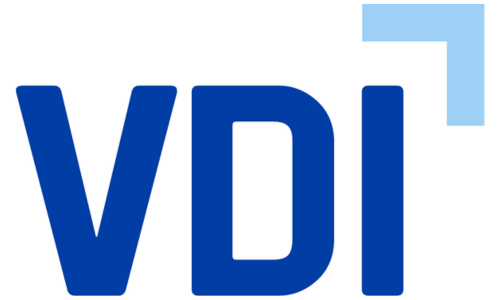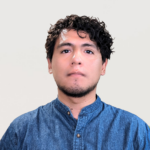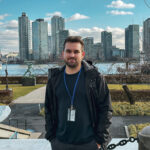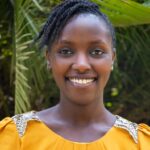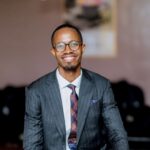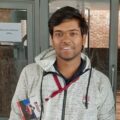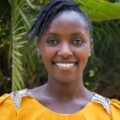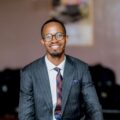 Project
Project
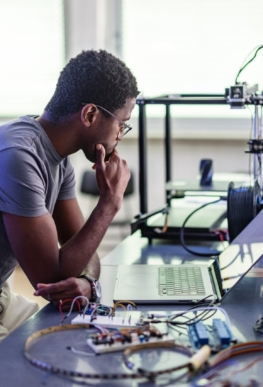
E4C Fellowships Overview
The Engineering for Change (E4C) Fellowship is a workforce development program at the intersection of engineering and sustainable development. E4C activates and empowers early-career engineers and technical professionals to solve critical local and global challenges.
The Fellowship consists of three core elements: 1) Learning Program, 2) Impact Projects, and 3) Networking. Fellows engage part-time for 5 months from May to September, building and strengthening their professional and technical skills, network and experience.
The Fellowship is 100% remote and accepting candidates from any geographical location.
Inspired changemakers are encouraged to apply.
Learn MoreFellowship Timeline
days left
Phase closes
Fellowship Sponsors
 Project
Project
 Project
Project
FreeWorld
AI Chat Bot Integration for Learner Support
 Project
Project
American Society of Mechanical Engineers (ASME)
ASME Community College Engineering Pathways Program
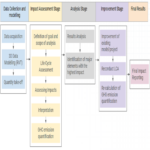 Project
Project
Build Health International
BIM Sustainability Integration: Enhancing Global Health Infrastructure with…
 Project
Project
Simprints
Building a way for data scientists to test…
 Project
Project
MASS Design Group
Building Energy Modelling and Environmental Design Workflow
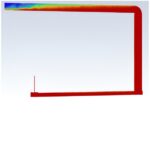 Project
Project
Nth Cycle
CFD Flow Distribution for Electrolysis Cell
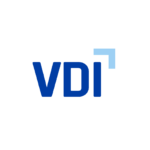 Project
Project
Verein Deutscher Ingenieure (VDI)
Decarbonization of Water Sectors in the US and…
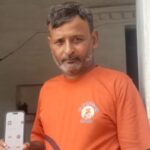 Project
Project
Oorja Development Solutions
Design and Strategy of Field Management and Digital…
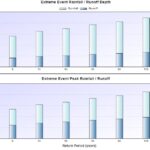 Project
Project
Coalfield Development Corporation
Design for Sustainable Water Management and Ecological Restoration
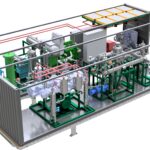 Project
Project
M2X Energy
Design of a Transportable Process for Reduction of…
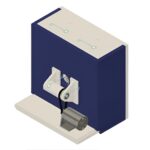 Project
Project
Resham Sutra Pvt Ltd
Design Sensor Technology for Frugal Yarn Spinning Machines
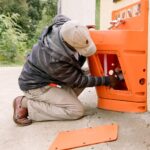 Project
Project
Splash Social Enterprises
Developing Assemblies and Instructional Materials for Handwashing Stations
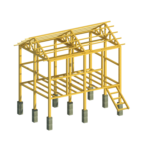 Project
Project
United Nations High Commissioner for Refugees (UNHCR)
Developing Climate-Resilient Humanitarian Shelter Designs
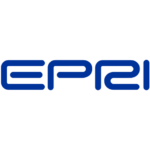 Project
Project
EPRI
Development & Deployment of Net-Zero Energy Technologies Within…
 Project
Project
Stacks+Joules
Digitalization of Community Center
 Project
Project
Good Machine
Engineering a High-Altitude Platform for Natural Disaster Mitigation
 Project
Project
ASME India Pvt. Ltd.
Entrepreneurship Landscape Research in India
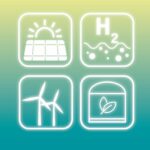 Project
Project
ASME India Pvt. Ltd.
Green Hydrogen Research for India [ASME India Pvt.…
 Project
Project
Ampaire Inc.
Impactful visual design for Ampaire’s electric aircraft at…
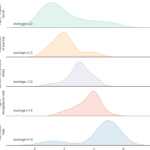 Project
Project
ASME India Pvt. Ltd.
India Research Landscape
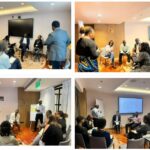 Project
Project
American Society of Mechanical Engineers (ASME)
Investigating Opportunities for Strengthening the Hardware Entrepreneurship Ecosystem…
 Project
Project
Synapses
Investigating Sectors with Insufficient Public Domain Data to…
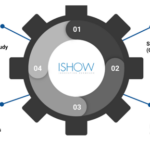 Project
Project
American Society of Mechanical Engineers (ASME)
Longitudinal Study of ASME ISHOW’s Impact
 Project
Project
ASME India Pvt. Ltd.
ME Curriculum Research for India [ASME India Pvt.…
 Project
Project
Prime Coalition
Optimizing Workflow for Analyzing Climate Impact Potential
 Project
Project
BluLever Education
Organisation Wide Salesforce Implementation
 Project
Project
Rho Impact
Populating Climate Technology Database for Multiple Technology Types
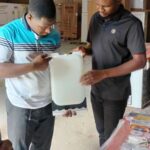 Project
Project
Koolboks
Reinforcing Freezer Lid Hinges with Enhanced Ice Battery…
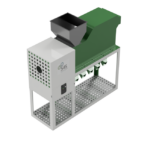 Project
Project
Science for Society Technologies
Research and Design of the Aerodynamic Grain Cleaner…
 Project
Project
Avalanche Energy
Software to 3D Print Multi-Material Radiation Shielding
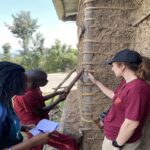 Project
Project
EarthEnable
Structural Research and Design for Sustainable House Pilots
 Project
Project
CarbonBuilt
Supply and Demand Analysis of North American Supplementary…
Fellow Cohort 2024

Naveen Krishna Pandikkadavil
Skill Development Lead, Insight Centre for Counseling and Student Support
Naveen Krishna Pandikkadavil
Skill Development Lead, Insight Centre for Counseling and Student Support
I am a recent MSc Humanitarian Engineering graduate, and a passionate...
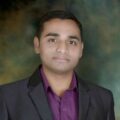
Shivaji Kale
Assistant Professor, KKWIEE&R, Nashik
Shivaji Kale
Assistant Professor, KKWIEE&R, Nashik
I am working as an Assistant Professor in Mechanical Engineering Department at...
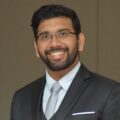
Naveen Punnoose
Chief Digital Officer, Saintgits Group of Institutions
Naveen Punnoose
Chief Digital Officer, Saintgits Group of Institutions
Dr. Naveen Punnoose is currently working as the Chief Digital Officer and...
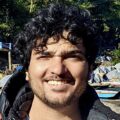
Tanmay Nag
Co-Founder and CEO, Enveave
Tanmay Nag
Co-Founder and CEO, Enveave
Namaste! I am the co-founder and CEO of Enveave, a non-profit based...

Mohamed Adalbi
Engineering Researcher, Gulf Organization for Industrial Consulting (GOIC)
Mohamed Adalbi
Engineering Researcher, Gulf Organization for Industrial Consulting (GOIC)
Engineering Researcher emerged in high-level strategic governmental projects studying the feasibility of...

Zula Coley
Mechanical Engineer
Zula Coley
Mechanical Engineer
I am a mechanical engineer currently working in power generation systems design,...

Wafaa Majzoub
Research Assistant at Texas A&M University at Qatar
Wafaa Majzoub
Research Assistant at Texas A&M University at Qatar
I'm Wafaa, a Sudanese chemical engineering professional with a master’s degree from...

Emmanuel Annor
Emmanuel Annor
I am a passionate Software and IoT Engineer dedicated to developing innovative,...

eunicemenson
Research Intern (Scholarship for Teaching & Learning Project) - Engineering Department, Ashesi University
eunicemenson
Research Intern (Scholarship for Teaching & Learning Project) - Engineering Department, Ashesi University
Eunice Tachie-Menson is currently a research intern (Scholarship of Teaching & Learning...
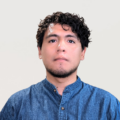
Jhon Félix Vila Solier
Jhon Félix Vila Solier
I am a proactive and innovative professional in the fields of remote...

Bethlehem Mersha
Bethlehem Mersha
Bethlehem Mersha is a 2024 Engineering for Change Fellow and a dedicated...

Henry Mpieri
Postgraduate Student, University of Hull.
Henry Mpieri
Postgraduate Student, University of Hull.
Henry Chigozie Mpieri is an innovative Electrical/Electronic Engineering graduate from the University...

Oumaima Makhlouk
Youth Science-Policy Interface Platform, Major Group for Children and Youth
Oumaima Makhlouk
Youth Science-Policy Interface Platform, Major Group for Children and Youth
I'm Oumaima Makhlouk, a Moroccan-French data scientist residing in New York, deeply...

Mercy Atukunda
Student Engineer, Engeny
Mercy Atukunda
Student Engineer, Engeny
Mercy S Atukunda is an student engineer (BSc. Civil &Environmental ) at...

Ange
Engineering for Change(E4C)
Ange
Engineering for Change(E4C)
Ange Umutoni is a graduate civil engineer from the University of Rwanda...
Asmaa Hadir
NLP Engineer, BV Lab
Asmaa Hadir
NLP Engineer, BV Lab
Asmaa Hadir is an AI Engineer with experience in developing AI-driven software...

Jacinta Nalianya
Research Assistant, Population Council
Jacinta Nalianya
Research Assistant, Population Council
I am an experienced Data Scientist with a robust skill set encompassing...

James Okwoche
Zipline
James Okwoche
Zipline
James Okwoche is a dedicated mechanical engineer who is highly skilled in...

Williams Ibeh
Williams Ibeh
Williams Ibeh was a 2024 Engineering for Change Fellow and an engineer...

Oluwatobi
Hardware Design Engineer, E4C Fellow 2024, Reeddi Technologies
Oluwatobi
Hardware Design Engineer, E4C Fellow 2024, Reeddi Technologies
Highly skilled in Mechanical Engineering Design, Additive Manufacturing, and Product Development. Expertise...
Fellowship FAQs
Below are answers to some of the most frequently asked questions regarding E4C Fellowships.
Each year, the E4C Fellowship starts in May and ends in September.
E4C Fellows advance their professional and technical skills, participate in a state-of-the-art Learning Program, gain real-world experience, and network with a global community of best-in-class peers, experts, and mentors. Join a growing E4C Fellow alumni network of passionate, Engineering for Sustainable Development practitioners and receive exclusive opportunities to engage with E4C on future projects. Fellows earn a digital badge for completion of the Fellowship and have their work published and promoted on E4C platforms and social media channels.
Fellows engage with E4C on a part-time (20-25 hours/week) and remote basis from the beginning of May to the end of September. Fellows participate in a Learning Program providing professional development training and knowledge-building through weekly learning modules and small group calls, as well as one-to-one mentorship meetings, technology assessment training and other skill-building opportunities. Sponsored by mission-aligned organizations, E4C Fellows work with diverse, interdisciplinary, multi-sector teams and develop their professional and technical skills by investigating, optimizing, and designing to advance the United Nations Sustainable Development Goals through an Impact Project.
Fellows receive a stipend for the duration of the fellowship, which is not a salary or wage and is not intended to be the Fellow’s primary income source. The amount awarded varies based on cost-of-living and expertise, and is paid in installments. The stipend installments are tied to performance and will be processed after completing defined goals/targets.
Any early-career technical professional, whether studying (3rd or 4th year of bachelor’s degree and equivalent) or in the workforce. We consider anyone with less than 10 years of relevant experience as early-career. We consider technical professionals to include engineers, architects, data analysts, computer scientists, natural scientists, and any others working at the intersection of technology, sustainable development, and social impact.
Candidates should be proficient in English (reading, writing, and speaking) and will be expected to demonstrate their ability to do research or design, work with diverse international teams, be resourceful, meet deadlines, and work remotely.
1. Become an E4C Member
2. CV or resume
3. Letter of interest/Cover Letter
4. Two or three professional references
5. Identify your top 3 three Impact Project choices
6. Fill out the application form
7. Optional work samples (e.g., portfolio, projects, models, simulations, certifications, etc.,) or evidence of research proficiency (e.g., papers, projects, reports, etc.)
Fellows are selected based on their alignment with specific Impact Project requirements; academic performance; Engineering for Sustainable Development (ESD), social impact, and/or sustainability experience; sector of specialization; and references. Candidates based in the same region as the project may be prioritized if desired by the project partner. Fellows must have the right to work in the country where they will be based during the Fellowship.
Fellows commit to 20-25 hours per week from the beginning of May to the end of September. Fellows are not required to log their hours but must attend scheduled Fellowship activities, including:
1. Onboarding Calls during the first two weeks of May
2. Weekly Learning Modules – Wednesdays from 10-11:30am Eastern Time
3. Weekly Small Group Calls – times to be determined based on Fellows’ availability
4. Bi-weekly (or more frequent) Partner Calls – times to be determined based on Fellow and partner availability
You can find details about past Fellows by visiting our 2023 Fellowship page. If you’d like to see past Impact Projects completed by Fellows, please view our past Impact Projects Reports on our Research page.
